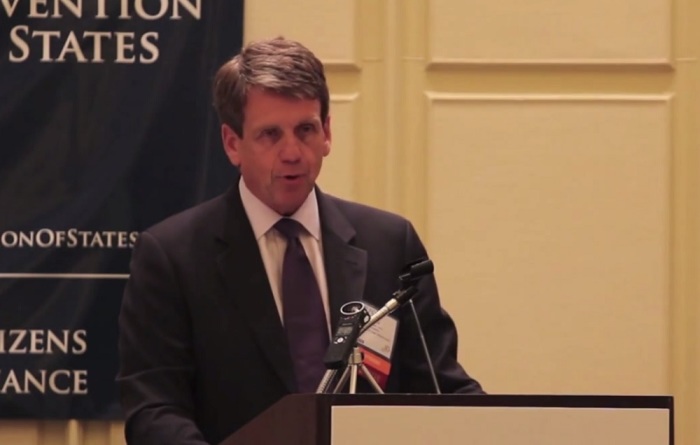UN Treaty Sparks Fight Between Homeschoolers, Former Republican Presidential Candidate
Despite the support of former Republican senator and presidential candidate Bob Dole, homeschooling advocates have continued to lobby against the passing of UN Convention on the Rights of Persons with Disabilities which they have described as a tool for taking away parental rights.

Michael Farris' Home School Legal Defense Association has opposed the resolution since 2012, which it accuses of surrendering "U.S. sovereignty to unelected UN bureaucrats" and holding the power to "threaten parental care of children with disabilities."
"Our nation already has laws to protect Americans with disabilities. This treaty is unnecessary and will hurt families by giving bureaucrats, instead of parents, the power to decide what is in the best interests of a child with disabilities," states a set of talking points which HSLDA suggests supporters share with legislators over the phone.
The group also believes that the treaty could "become a legal tool for pro-choice advocates pushing against restrictive abortion laws," Politico reported earlier this week.
Dole, who was injured fighting in World War II and has spent years in a wheelchair, finds the uproar unnecessary and manufactured.
"I don't know what the problem is with the Republicans," Dole said. "I don't know what the repercussions could be — it's not a Democratic or Republican treaty, liberal or conservative."
On Tuesday, the U.S. Senate Foreign Relations Committee approved CPRD by a 12-6 margin. The treaty was passed unanimously by the Democrats, who were joined by Republican senators John McCain, Ariz., and John Barrasso, Wyo. Republicans who voted against it included Bob Corker, Tenn., Marco Rubio, Fla., and Rand Paul, Ky.
McCain told Politico that he believed it was unlikely the treaty would pass the Senate.
"I say that with great regret, but it's the reality," he said.
Supporters of the treaty have described it as "an international treaty designed to promote the rights and dignity of people with disabilities worldwide" and claim it has broad based support, including business, veterans', disability, and civil rights organizations.
"Failure by our Senators to ratify this treaty would be a betrayal of the American disability community, who, as recent polling tells us, vote in higher numbers than almost any other group," said Marca Bristo, President, U.S. International Council on Disabilities in a statement. "It is a betrayal that will not be forgotten by these millions of voters, and by our allies in the veterans, business, faith, and civil rights communities who are united in support of the treaty."
The treaty was adopted in 2006 and has been signed by President Barack Obama but has not been ratified by the Senate.
According to Politico's analysis, "if the treaty doesn't have enough support in the Senate to be brought up for a vote by the August recess, proponents will likely have to wait until the next Congress. This fall, the Senate will be hesitant to hold a vote on the potentially controversial issue. And after the elections, it could run into the same road block around voting during the lame-duck session that came up in the 2012 vote."
Farris claims that the treaty is nothing more than instrument of the "political left."
"The political left has determined that they can't get the entire public policy agenda through the normal processes of American politics, so they want to use international law to accomplish their political objectives," Farris said.




























